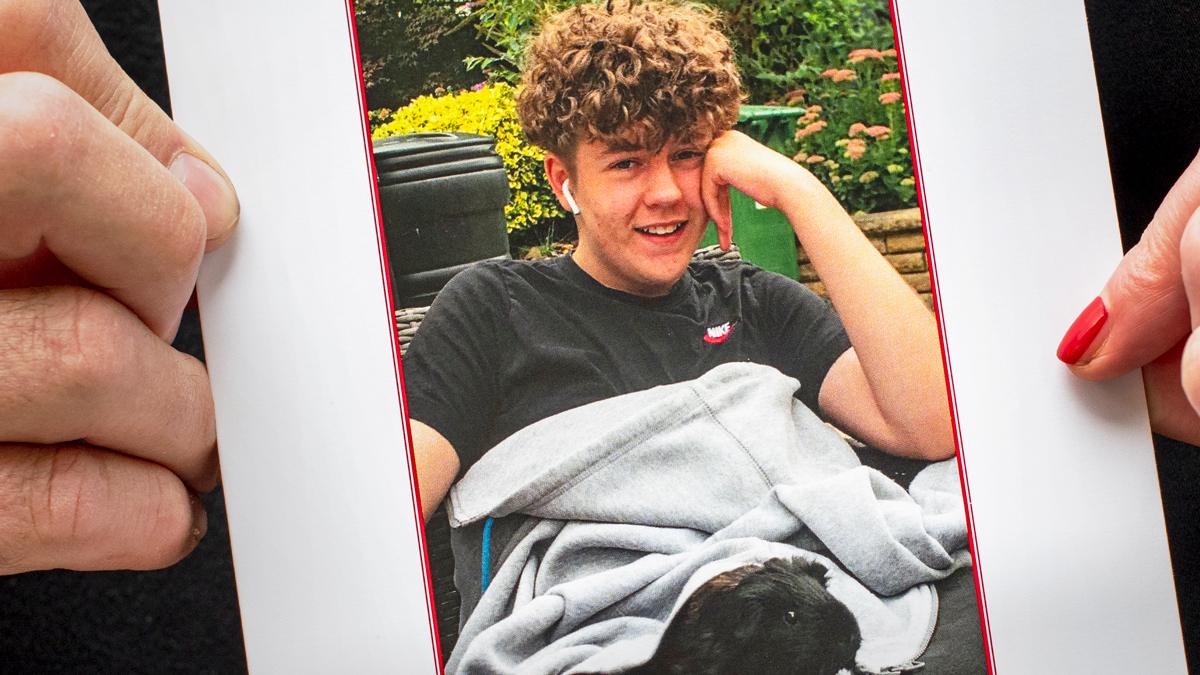Olly Stephens: Murdered boy's dad says new law a 'game-changer'
- Published
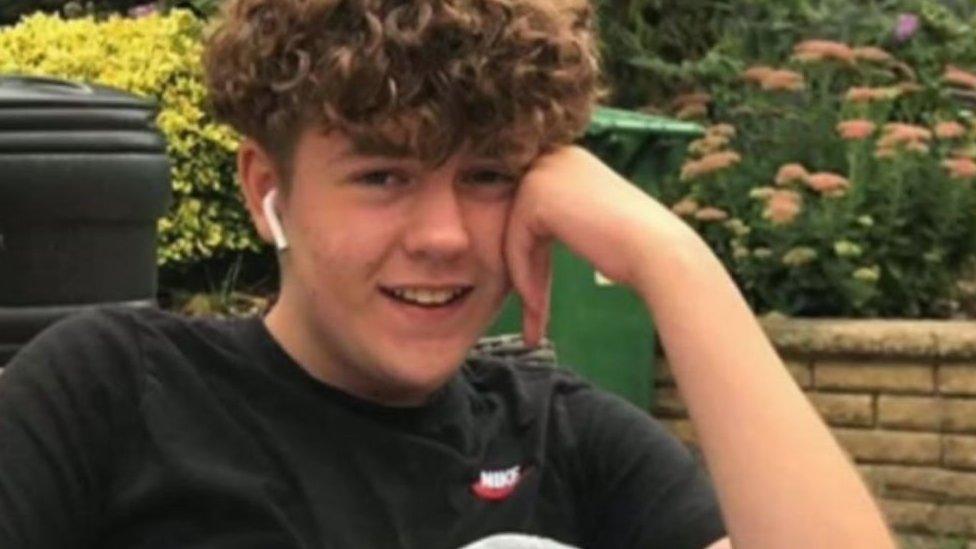
Olly Stephens was stabbed to death in Reading in 2021
The father of a 13-year-old murdered by two schoolboys has welcomed a new law to make social media firms more responsible for users' safety.
Olly Stephens was ambushed and fatally stabbed in 2021 in Reading over a dispute on social media.
The Online Safety Bill has taken years to agree and will force firms to remove illegal content and protect children from some legal but harmful material.
Stuart Stephens told the BBC the new law was a "game-changer".
"There are a lot of people who have dedicated their lives to getting this bill passed, especially the Bereaved Parents for Online Safety," he said, adding: "It hasn't quite sunk in yet…"
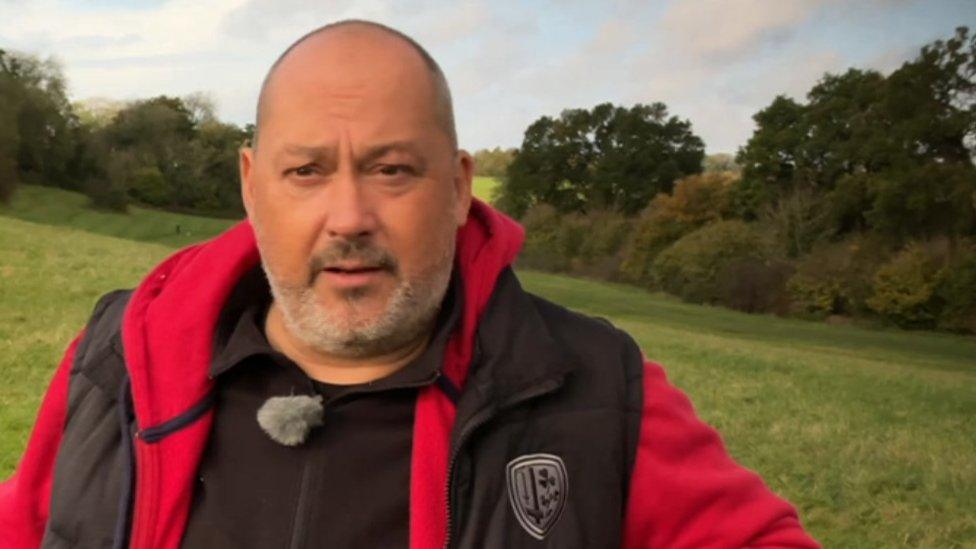
Stuart Stephens called the passing of the bill "bittersweet"
The nearly 300-page bill, which has been passed by peers, will introduce new rules, such as requiring pornography sites to stop children viewing content by checking the ages of users - and new offences, including cyber-flashing and the sharing of "deepfake" pornography.
It also includes measures to make it easier for bereaved parents to obtain information about their children from tech firms.
After it is given royal assent from King Charles, the baton will pass to the communications regulator, Ofcom, which will be largely responsible for enforcing the measures.
"I've always said we're very lucky in this country that we have freedom of speech - you can say what you want and you won't disappear in the night," said Mr Stephens.
'Punches you in stomach'
"But the problem is when it becomes harmful and dangerous to society you've crossed a line, so it needs regulating and it needs a firm hand."
He said he believed the passing of the bill had been "very underplayed in the press", adding: "But this is a huge piece of legislation, this is a game-changer."
Describing the moment as "bittersweet", Mr Stephens explained how he sat in the House of Commons with his daughter, listening to the final stages of the bill.
"Having our children's names mentioned on the Commons floor, it's like someone punches you in the stomach - it takes your breath away," he said.
"It's an honour to have them recognised but it's bittersweet, very bittersweet."
Children's charity the NSPCC said the law would mean a safer online world.
But critics have argued it would allow a regulator, and tech firms to dictate what may or may not be said online.

Follow BBC South on Facebook, external, Twitter, external, or Instagram, external. Send your story ideas to south.newsonline@bbc.co.uk, external.
- Published19 September 2023
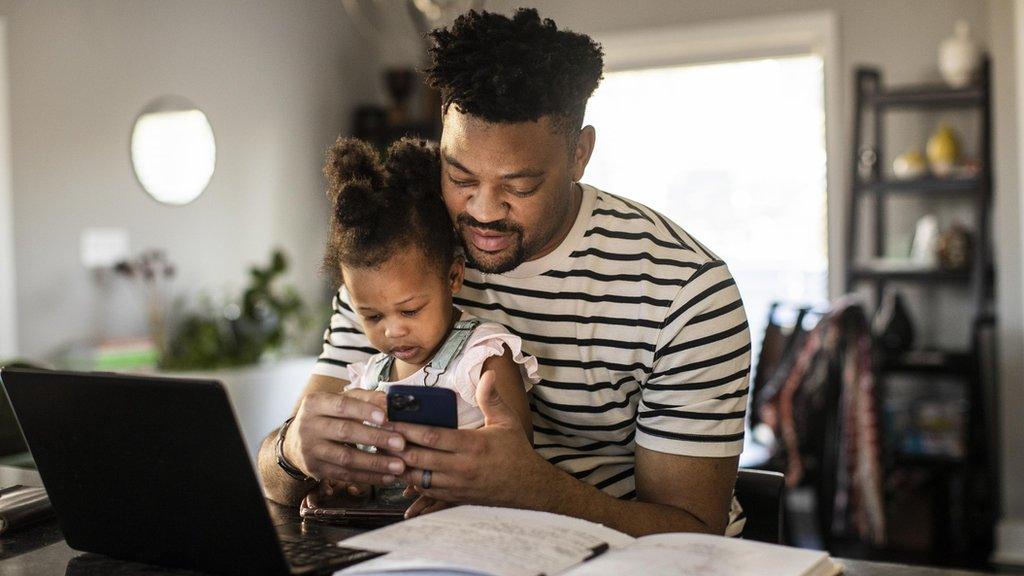
- Published9 March 2023

- Published17 January 2023

- Published17 January 2023
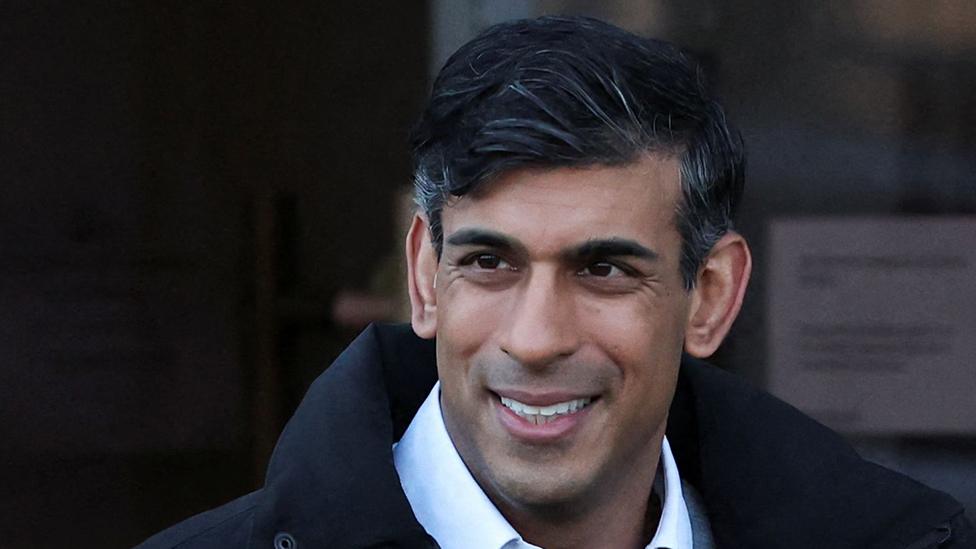
- Published3 January 2023

- Published19 October 2022

- Published15 July 2022

- Published20 June 2022
